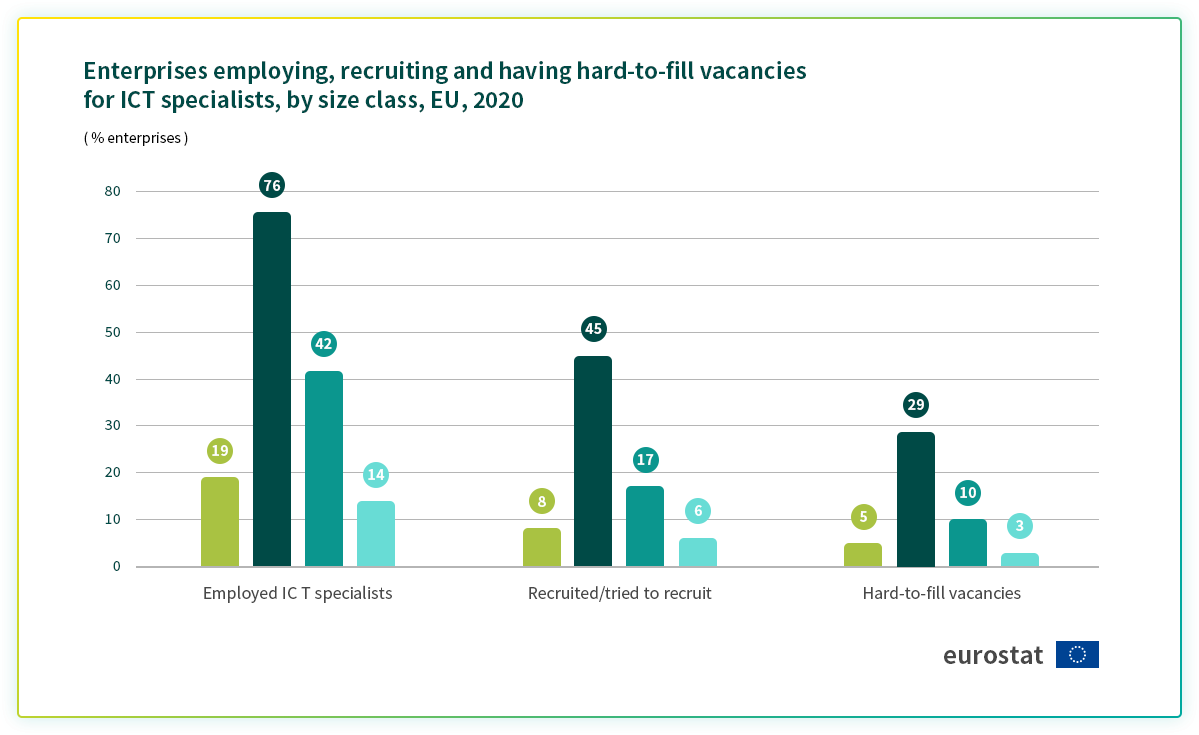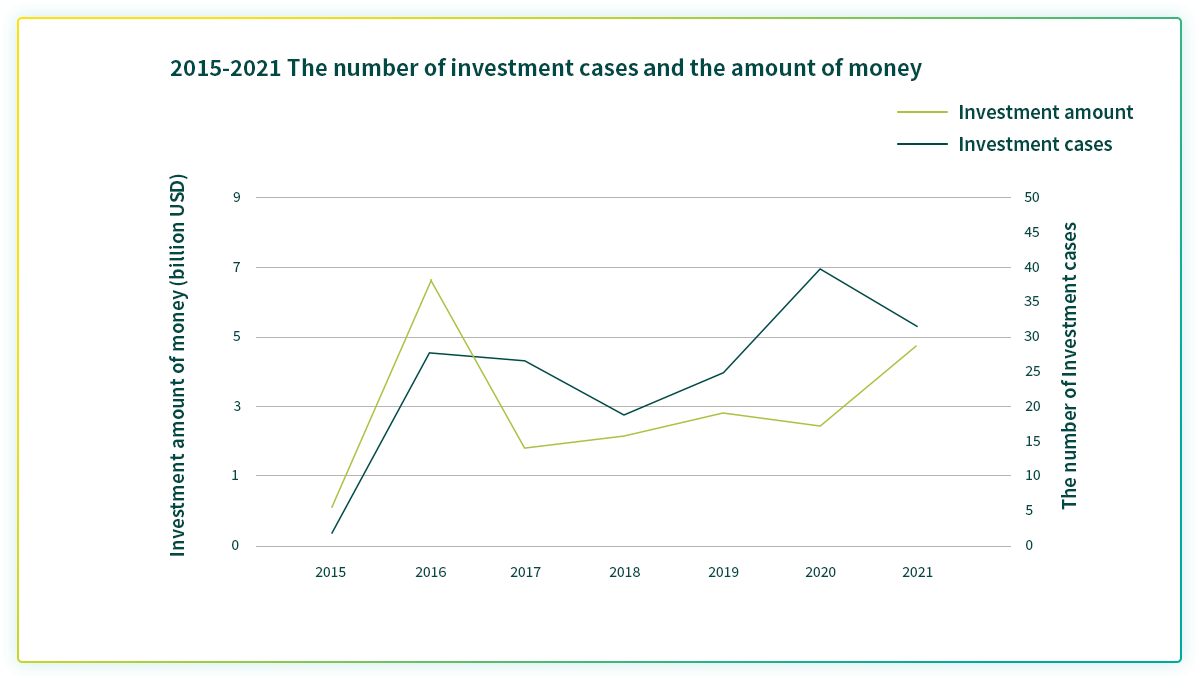Introduction
Since 2018, the China-US Trade War has swept the world. It seems that the development of global economic and trade system has been halted, even backward.
In the meanwhile, technologies have maintained exponential growth. First, artificial intelligence integrated with the internet of things (AIoT) emerged. Then, the concept of the metaverse was formed. The common prerequisite for the development of these concepts is the chip. The importance of trade war increases when chips come into play. This causes the next core issue of global competition: the chip war.
In his book, Chip War: The Fight for the World’s Most Critical Technology, published in October 2022,Chris Miller, a professor at Tufts University in the United States, points out that the supply of energy of the world’s new computers will be in crisis if the production process of semiconductors is obstructed. No other economic dimensions are so dependent on few companies. (*Note 1) This fully shows the nature and importance of the chip war.
Industrial Displacement at the Time of the Chip War
As the industry center of global ICT, Taiwan holds a highly interdependent position in semiconductor industry, inevitably affected.
How important is the ICT industry to Taiwan? Numbers speak for themselves. According to the statistics from The Directorate General of Budget, Accounting and Statistics (DGBAS), Taiwan's economy grows by 3.36% in 2020. 2.69% of the growth comes from the ICT industry, accounting for more than 80%. Among them, the manufacturing sector weighs more than the service sector. In terms of the proportion of industrial added value, the manufacturing sector accounts for 86.7% (approximately US$100 billion) while the service sector 13.3% (US$15.8 billion). In other words, the supply chain changes have a bigger impact on the ICT industry environment in Taiwan than in European and American countries where the service sector is the mainstay (*Note 2).
In the face of competitions among countries, the following three location factors play a key role in the decision-making of ICT industry displacement.
➊ Advantages of Technical Cooperation
In response to industrial displacement during the trade war, 35% companies believe that Taiwan industries should expand capital expenditures on technology while 21.1% go for strict export controls, according to a survey done by a Washington-based think tank, the Center for Strategic and International Security Studies (CSIS). Furthermore, 12.4% go for both internal and external investment controls. (*Note 3)
The reason is easy to see. When the industrial atmosphere is moving towards “Competition over Cooperation,” the governments and enterprises should pay more attention to maintaining technological advantages. If enterprises can become key manufacturers in the industry, it will also strengthen national security.
➋ Integration of Industrial Chain
To build a complete industrial environment, we need to first consolidate two elements: technology and talents. Furthermore, we need to attract upstream and downstream manufacturers to move into the same settlement. Last, there needs to be the integration of transportation and policies. For example, Advantech Co., Ltd., the leading industrial computer company in Taiwan, besides working on industrial computers, has built the industrial IoT platform WISE-PaaS in recent years. They have attracted software developers and enhanced flexibility and selectivity in hardware operations for customers. In this case, it can be seen that even the leading company in the industry can play a synergistic effect of one plus one is greater than two in a comprehensive and whole industrial environment.
➌ Talents Settlement
Talents and technological advantages are closely related. Also in a CSIS survey, 12.2% companies believe that there should be a ban on Taiwan employees serving high-tech industries in other countries. 6.5% believe that the number of graduates and postgraduates from universities of science and technology should be expanded. This shows the importance of education and talents (*Note 4). This is especially important as COVID-19 accelerates the need for comprehensive digital transformation. The ICT industry is not the only case. Every industry is facing a shortage of ICT talents.
According to a 2020 report by the Eurostat, the proportion of large enterprises is much higher than that of small- and medium-sized enterprises when it comes to hiring and recruiting talents as well as facing talent gaps (*Note 5).

Advantages of Taoyuan ICT Industry Clusters
In fact, Taoyuan City has become an important center of the global ICT industry and attracted foreign investment because it comprises these three advantages. The result shows that Taoyuan has seen a continuous increase in both the number of investment cases and the amount of money since 2017. In 2014, there were 3 cases and US$89.3 million. By 2021, there were 32 cases and US$5 billion. Among them, there were important global industry leaders, such as Microsoft, Supermicro, and aircraft parts supplier NORDAM (*Note 6).

Based on the three aforementioned location indicators and the comprehensive effects, it can be seen why in the ICT industry Taoyuan can be affirmed by international enterprises and teams. The ecology most suitable for industrial development can only be built by integrating the three advantages of trends, geography and talents.
➊ Trends: 5G + AIoT R&D base
In addition to introducing international industries and technologies, Taiwan is committed to improving its own production technology. In this regard, Taoyuan plays a leading role. In terms of technology trends, the Asia-Silicon Valley Project has been located in Taoyuan. It will integrate five innovative industry projects. Also, the Hutoushan Innovation Hub is the best test base for self-driving cars in northern Taiwan, bringing together the most cutting-edge technologies.
Whether it is the Asia-Silicon Valley or the Hutoushan Innovation Hub, the purpose of research and development is more than to promote technology. It also seeks to connect research and development units with local Taiwanese manufacturers to establish Taiwan’s technological advantages. For example, National Chung-Shan Institute of Science and Technology developed a high-resolution infrared thermal imaging camera and authorized copyrights for Goaltop Technology Corporation, RAiTEK. Ltd. Inc., and other local businesses in Taoyuan to produce disease prevention thermal imaging camera sensor chips, thermal imaging cameras and system development. These are helpful for the following disease prevention (*Note 7).
➋ Geography: Comprehensive Link between Transportation, Industry and Field of Practice
In terms of transportation, Taoyuan International Airport is Taiwan’s gate to other countries. It can reach major cities in Asia-Pacific in an average of three hours. With the advantages of its transportation location, it is a key hub for the Asia-Pacific to connect the world. In addition, Taoyuan has a number of innovative application fields, such as airports, stadiums and smart logistics centers. It is the best stage for implementing technology applications (*Note 8).
More importantly, Taoyuan itself is the core of Taiwan’s ICT industry. There are top listed companies in Taiwan moving to Taoyuan, from upstream chips and embedded parts, midstream industrial computers, communication equipment and server components to downstream cloud and IoT solutions.
➌ Talents: A Comprehensive Ecosystem of Industry, Academy and Research
The average age of Taoyuan residents is 39 years old. Among the six special municipalities, Taoyuan ranks the youngest. This means that Taoyuan has been appraised for attracting young talents. In addition to the attraction of the industry, there are 17 colleges and universities in Taoyuan.
Institutes for academic research, like National Chung-Shan Institute of Science and Technology, Institute of Nuclear Energy Research, Atomic Energy Council, train more than 20,000 professionals each year. This forms a talent pool naturally. (*Note 9)
Development of Global Competition and the Future of Taoyuan ICT Cluster
Although the global industry is moving from cooperation to competition, Taiwan can still display its industry attractiveness, especially when the strategic position of the chip becomes increasingly important and accelerates the displacement of the ICT industry cluster. Undeniably, it is not uncommon that the international situation changes with the changes of government of each country. In short, be it political, technological or industrial structure, the situation may change at any time.
Therefore, it is indispensable for the government, enterprises and talents to cooperate and reinforce technological advantages. The Taoyuan City Government has used a two-pronged strategy. Externally, it continuously promotes attracting investment. Internally, it simultaneously promotes the development and application of innovative technology industries. This will help revitalize the industrial environment and accelerate the development of domestic industries and research institutes. We can only create a sustainable industrial ecosystem by creating a more competitive working and living environment for more Taiwanese and international talents.
Note 1: Miller, Chris. Introduction. InChipWar: The Fight for the World's MostCritical Technology. New York: Scribner, animprint of Simon & Schuster, 2022. Note 2: For this information, please refer to the report by the Department of Statistics, Ministry of Economic Affairs: “Overview of the Development of the Current Situation” Source: https://iknow.stpi.narl.org.tw/Post/Read.aspx?PostID=19336 Note 3: Page 36 on CSIS’s “Taiwanese Business Responds to Growing U.S.-China Tensions.” Source: https://csis-website-prod.s3.amazonaws.com/s3fs-public/publication/221004_Kennedy_TaiwaneseBusiness_USChina_0.pdf?M3t71deZ57QwvTQjfI0f13pcfV0QuOr Note 4: Page 36 on CSIS’s “Taiwanese Business Responds to Growing U.S.-China Tensions.” Source: https://csis-website-prod.s3.amazonaws.com/s3fs-public/publication/221004_Kennedy_TaiwaneseBusiness_USChina_0.pdf?M3t71deZ57QwvTQjfI0f13pcfV0QuOr Note 5: “ ICT specialists: the skills gap hinders growth in the EUcountries.” Eleonora Censorii-EU Digital Skills & JobsPlatform. Please refer to https://digital-skills-jobs.europa.eu/en/latest/news/ict-specialists-skills-gap-hinders-growth-eu-countries Note 6: For this information, please refer to the website of Department of Economic Development, Taoyuan. Source: https://edb.tycg.gov.tw/home.jsp?id=230&parentpath=0,119,155 Note 7: For this information, please refer to Page 8 on “11110 Asia-Silicon Valley 2.0 Promotion Progress Briefing” by the National Development Council. Source: https://www.ndc.gov.tw/Content_List.aspx?n=7F37B18CFC68015B Note 8: For this information, please refer to Page 4 on Taoyuan City’s 2020 Investment Guide. Note 9: Same as Note 8. ( Page 24 )
|